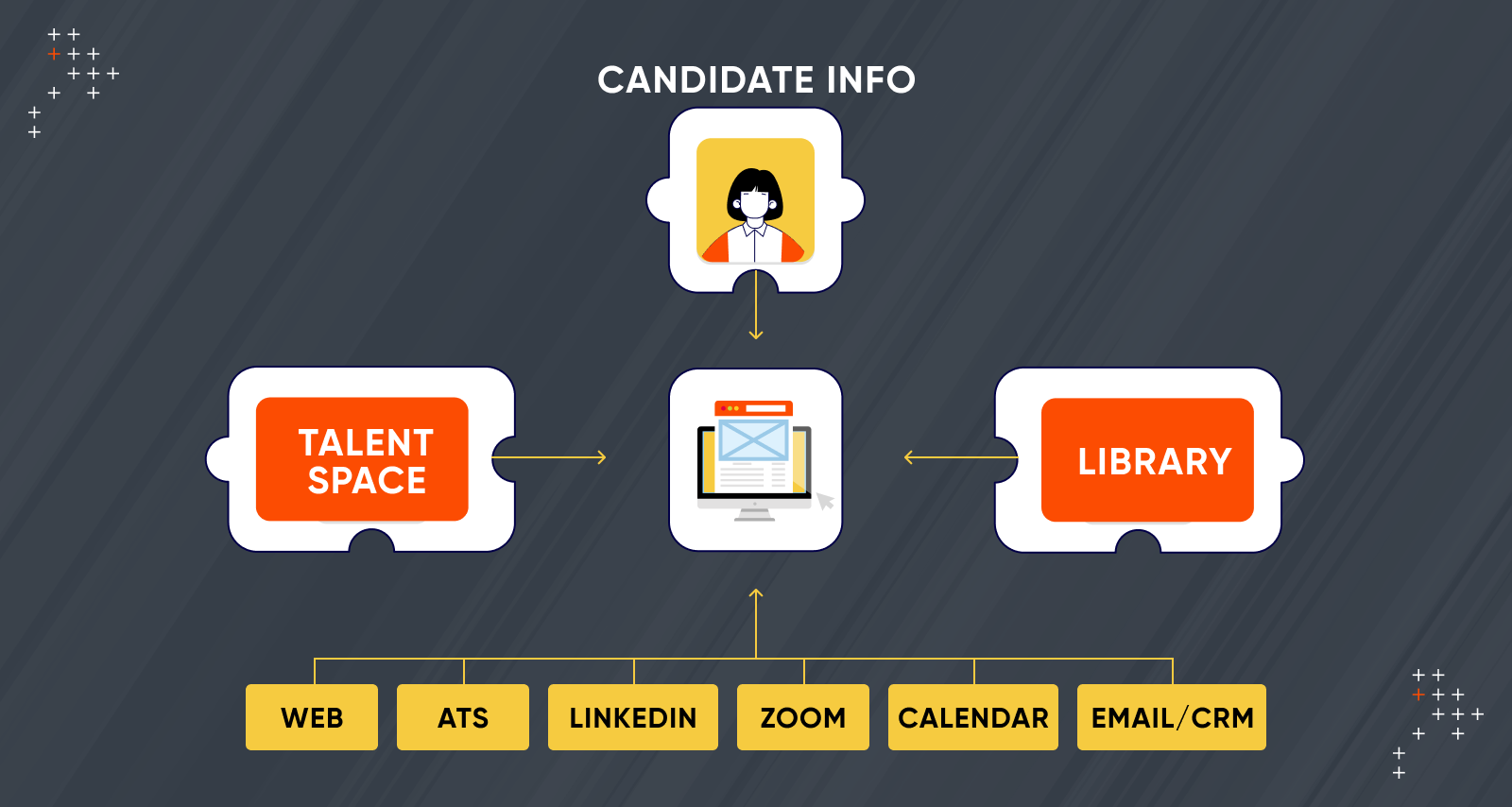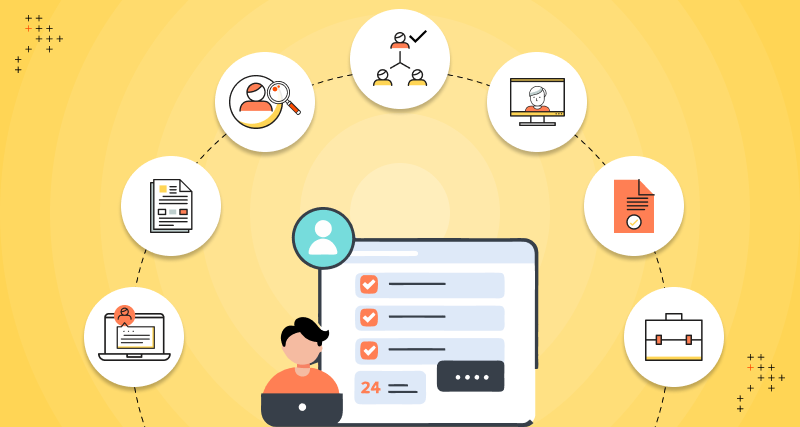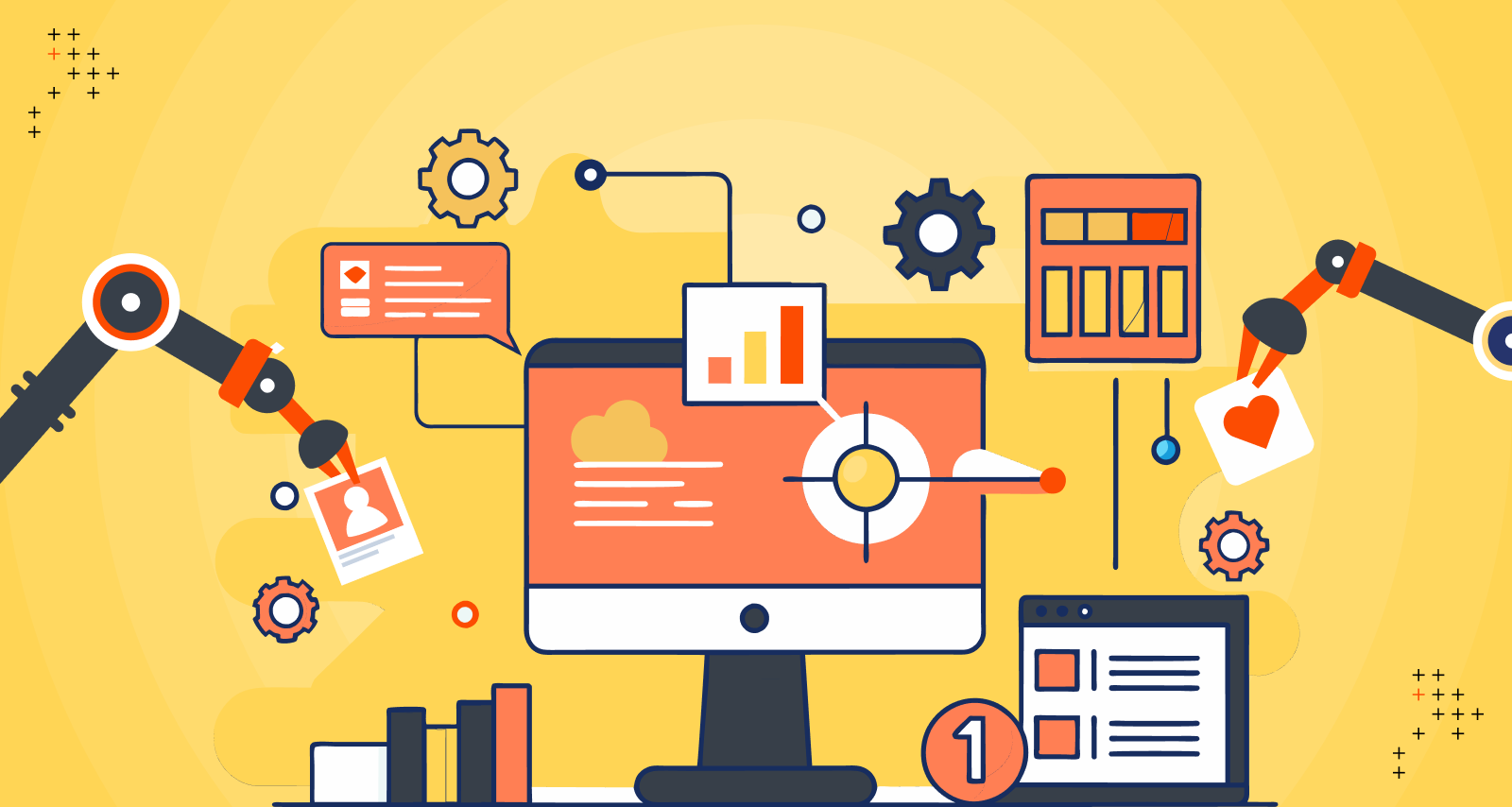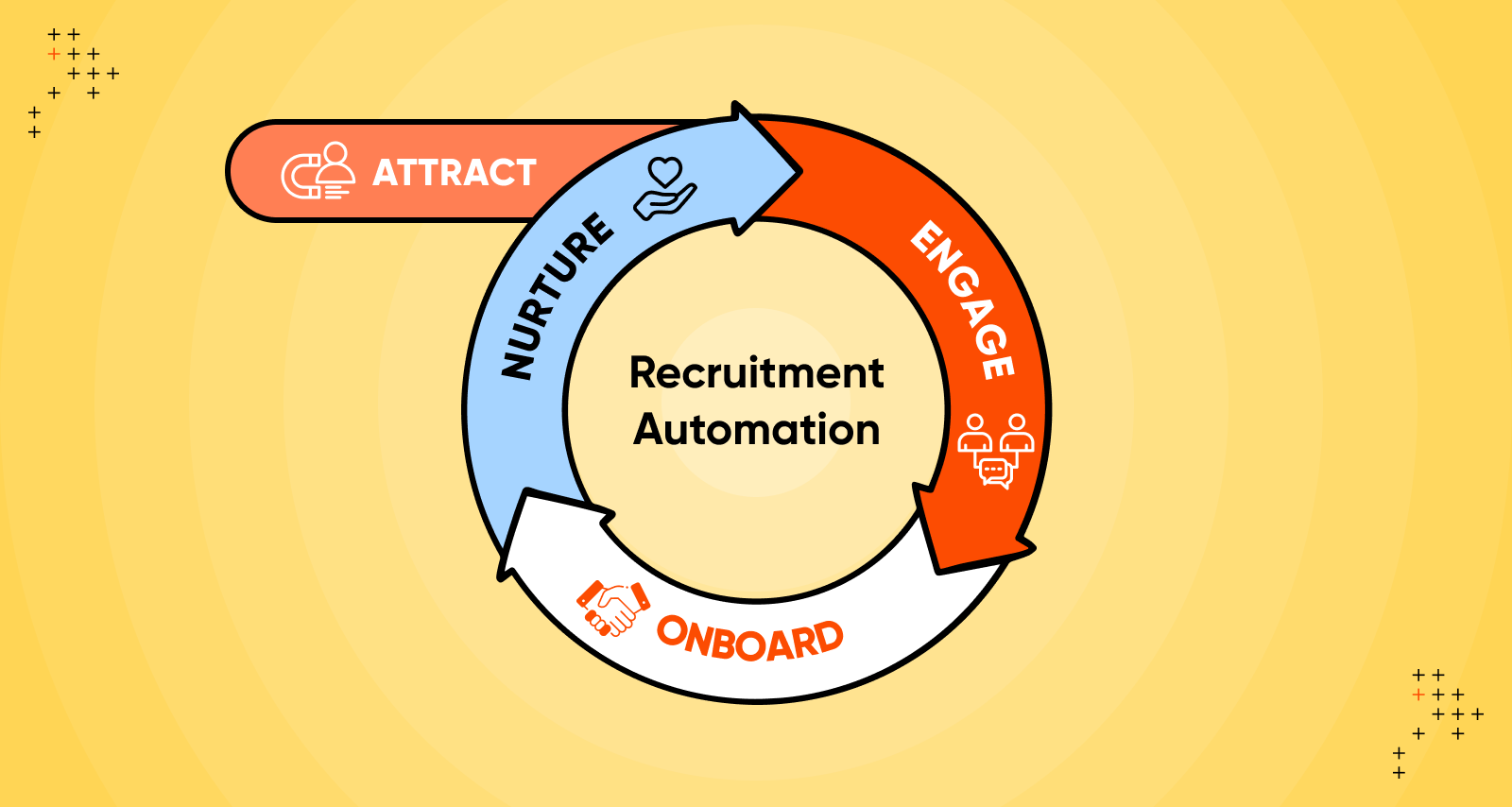In the digital age, "knowledge is power" resonates strongly, especially when discussing data and technology.
Knowledge is not just about having data but effectively managing and integrating it.
This holds for recruitment processes as they become increasingly multi-channel. By analyzing data from past recruitment cycles, companies can identify what worked and what didn't. This means understanding which channels bring in the top talent, what employee characteristics lead to long-term success, and even predicting hiring needs based on business growth trends.
For instance, if data reveals that social media campaigns are the most effective in attracting talent, companies can allocate more resources to these channels, significantly improving the ROI of their recruitment efforts.
These opportunities come with the complexity of handling data from various sources. Disparate systems like Applicant Tracking Systems (ATS), job boards, and Customer Relationship Management (CRM) platforms create a fragmented landscape that makes it challenging to examine effective recruitment processes.
The Challenge
Disparate Data Systems In Recruitment
Isolated systems lead to data silos, where information is trapped within individual platforms, making it difficult to access a complete view of candidates. This fragmentation delays decision-making and increases the likelihood of errors.
The process is like trying to piece together a puzzle with missing pieces, and potential candidates slip through the cracks.
Manual Data Handling Increases Error Rates And Costs
When agencies rely on manual data entry and reconciliation, they are more prone to human error. According to a study by Experian, human errors account for 63% of data quality issues in organizations.
It is a chain reaction - incorrect candidate profiles lead to unsuitable matches, missed hiring opportunities, and inflated recruitment costs.
Lack Of Real-Time Data Synchronization Affects Decision-Making
Without real-time data synchronization, companies face delays in accessing the latest candidate information, which can severely impact decision-making.
A delay of even a few hours can mean losing top talent to faster competitors. Real-time data becomes necessary in recruitment, where time is often the difference between securing or losing a candidate.
Intelligent Automation As A Solution
With intelligent automation, digital agencies can bridge various data systems, ensuring real-time data transfer and synchronization.
Analytics And Insights
Automation tools generate actionable insights by analyzing data across platforms. This, in turn, aids agencies in refining their recruitment strategies based on real-time feedback and performance metrics. This approach is agile and responsive to market demands.
Automation Tools Integration
Automation connects disparate systems, creating real-time data synchronization. This integration ensures that all data is up-to-date. The risks associated with manual data handling are minimised, reducing errors.
Background Check Efficiency
Automation accelerates background checks and document processing, improving security and minimizing delays. It also quickly verifies candidate information, ensuring that only qualified candidates advance in the hiring process.
Compliance and Regulation
Automated systems have built-in checks and balances to determine employment law compliance. Recruitment practices thus align with regulatory requirements simultaneously.
Data Consistency And Accuracy
Data consistency and accuracy increase as manual entry errors are reduced, and redundant tasks are eliminated. Organisations then have reliable data at their fingertips.
Enhanced Candidate Experience
Automation improves the candidate experience by providing timely communication and updates.
Handling Repetitive Tasks
Automated workflows manage repetitive tasks, such as data entry and reconciliation. This results in accurate and current data across all systems.
Integration with HRIS
Integrating automation with Human Resource Information Systems (HRIS) allows for effortless data flow between platforms. This integration informs HR strategies, ensures data integrity, and provides accurate notifications.
Real-Time Data Synchronisation
Real-time data synchronisation across recruitment platforms gives decision-makers immediate access to the latest information.
Scalability
Automation allows agencies to handle more applications without additional resources, so they can grow their operations without compromising on quality or speed.
Benefits Of Streamlined Data Integration
The tangible benefits of integrating data through intelligent automation are significant. 
A study by Axelerant showed that after implementing automation for data integration, the HR team experienced a 30% reduction in time-to-hire and a 20% increase in candidate satisfaction.
These efficiency gains highlight the transformative impact of intelligent automation on recruitment.
Overcoming Integration Challenges With Intelligent Automation
For agencies looking to implement intelligent automation for recruitment data integration, the process can be straightforward with the right approach.

Conclusion
The rise of AI-powered data integration tools marks the dawn of a new era in recruitment. And, as automation platforms continue to evolve, the need for data integration will only grow.
Agencies must assess their current data integration processes and explore intelligent automation solutions to stay relevant.
Companies are only as good as their employees, and recruitment automation streamlines operations to let teams work around bigger tasks with creativity.
Looking for automation solutions? Get in touch with our team today!
Have any queries? Add it to the comment section, and we will ensure we get back to you.

Michael Cannon, Director of Intelligent Automation
Living remotely in Taiwan with 4 incredible sons, 3 playful cats, and one fiery partner. As Director of Intelligent Automation @Axelerant, they are dedicated to building trust in Axelerant as your go-to agency partner through their journey in #Automation, #Empowerment, and #Productivity.

 We respect your privacy. Your information is safe.
We respect your privacy. Your information is safe.



Leave us a comment